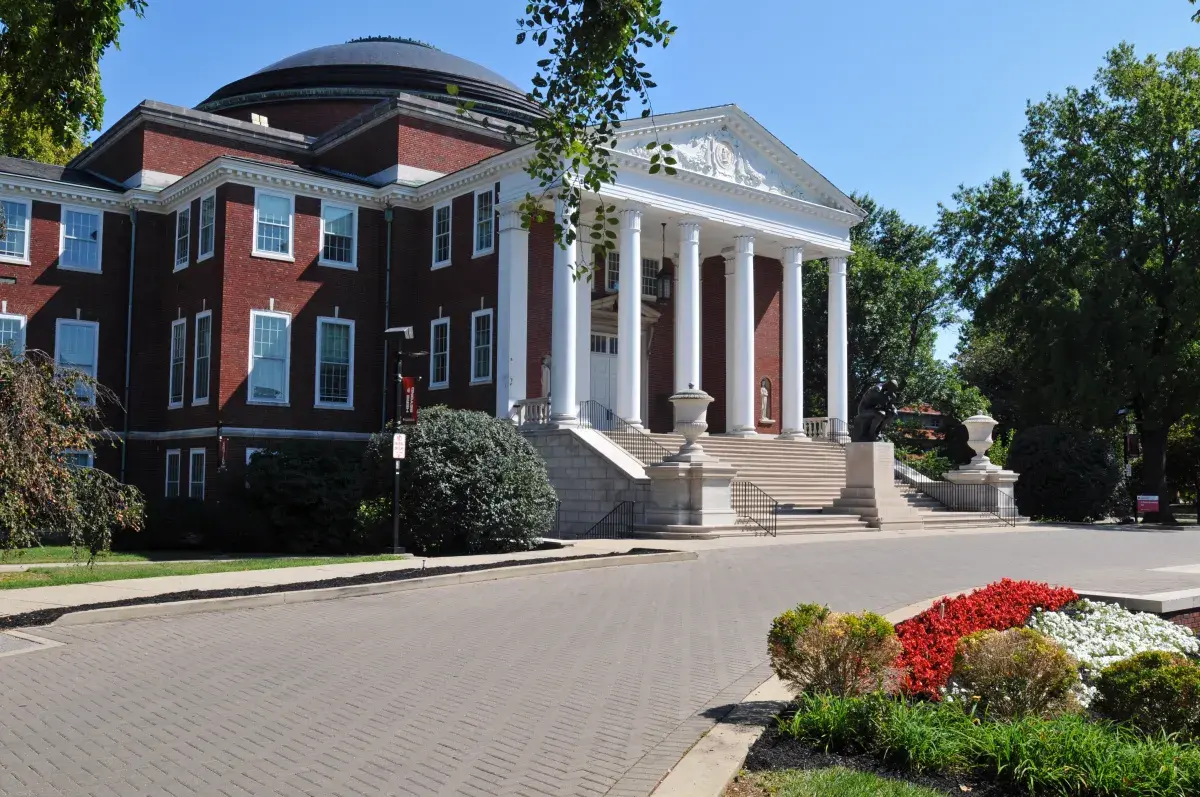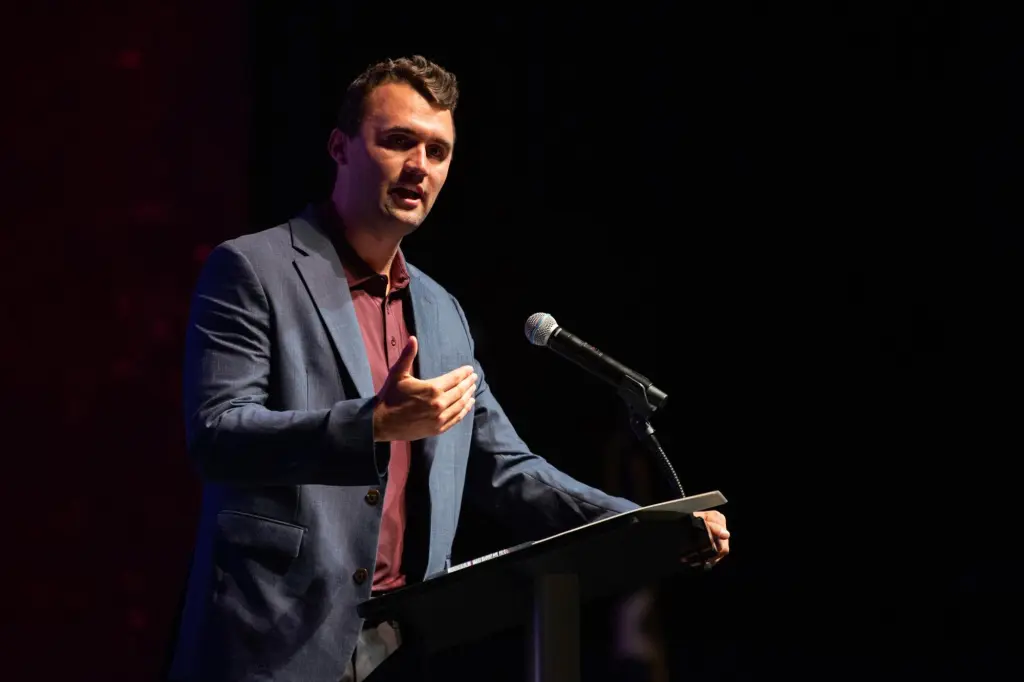
While several universities have faced public backlash for disciplining students or faculty over commentary surrounding Charlie Kirk’s assassination, other schools have quietly taken steps to reaffirm free speech.
The Foundation for Individual Rights and Expression (FIRE) said it has reviewed 87 cases since the conservative activist was fatally shot at Utah Valley University. These cases involve faculty or students investigated or disciplined over social media posts, posters, or comments tied to Kirk’s death.
But FIRE, which publishes an annual “Worst Colleges for Free Speech” list, is also highlighting schools that have responded differently this time.
“This moment is revealing which institutions are prepared to stand by the First Amendment — and which ones aren’t,” Connor Murnane, FIRE’s chief of staff for campus advocacy, told Newsweek.
Murnane highlighted several schools that, under pressure, stood by free expression principles — including the University of Louisville, Middlebury College and the University of Wyoming.
At Louisville, after posters depicting Kirk’s death surfaced around campus, President Gerry Bradley issued a public statement defending student speech. “We are steadfast in our support for the First Amendment and the open exchange of ideas on campus,” he said, as reported by WAVE.
At Middlebury, President Ian Baucom wrote that “academic freedom belongs to everyone, especially those we disagree with.” The statement was praised by the highly controversial political scientist and author Charles Murray, who was attacked during a visit to the campus in 2017.
At Wyoming, where the student newspaper faced criticism for commentary on Kirk, the university responded by putting together a panel featuring faculty, students, the president and the provost to discuss free speech and civil discourse. “They’re seemingly striking the right notes so far,” Murnane said.
The University of Kansas was also praised for refusing to discipline an employee over personal social media posts about Kirk. “Thankfully, the University of Kansas stood by its policy,” Murnane added.
Dozens of Schools Flagged
But while some institutions have taken a clear stand for open expression, many others are under fire for doing the opposite.
According to FIRE, 87 colleges and universities are under their review for actions against students, faculty, or staff over remarks about Kirk’s killing. The group has formally contacted at least 17 of the institutions, alleging improper investigations or punishment of speech protected by the First Amendment.
The list includes major public universities such as the University of Texas at Austin and University of Nebraska–Lincoln, as well as regional schools like Missouri State University, Florida Atlantic University, Oakland University in Michigan and California State University–Monterey Bay.
Others named include the University of Miami in Florida, Auburn University in Alabama, Susquehanna University in Pennsylvania, Clemson University in South Carolina, UCLA in California, Morgan State University in Maryland, Rutgers University in New Jersey, Virginia Tech and Howard University in Washington, D.C.
“These are just the ones we’ve formally communicated with so far,” Murnane said. “We expect more to come.”
Some schools have issued public disciplinary actions. The University of Mississippi fired a staff member for reposting comments about Kirk deemed “hurtful [and] insensitive.” Middle Tennessee State University also terminated an employee who posted what officials called “callous comments.”
And in another high-profile case, Clemson University initially defended free speech after faculty mocked Kirk’s death online. But three days later, under pressure from conservatives and mounting backlash that drew in the White House, it fired one employee—then two more.
Federal Officials Urge Crackdown
The political fallout from the Kirk assassination has expanded beyond campuses.
Vice President JD Vance told listeners of Kirk’s radio show to report individuals who appeared to celebrate the killing online. “Call them out. And, hell, call their employer,” he said.
Attorney General Pam Bondi initially pledged to go after individuals for “hate speech,” though she later narrowed her focus to speech inciting violence or doxxing. Education Secretary Linda McMahon publicly praised schools that have “acted swiftly to condemn and hold accountable those who have crossed this ethical line.”
But free speech advocates say the response from both university leaders and federal officials threatens long-standing legal protections.
“Unfortunately, the administration’s response has been disappointing and deeply chilling,” said Aaron Terr, FIRE’s director of public advocacy. “They have not sought to reaffirm the values of free speech but are instead threatening to undermine them further.”



